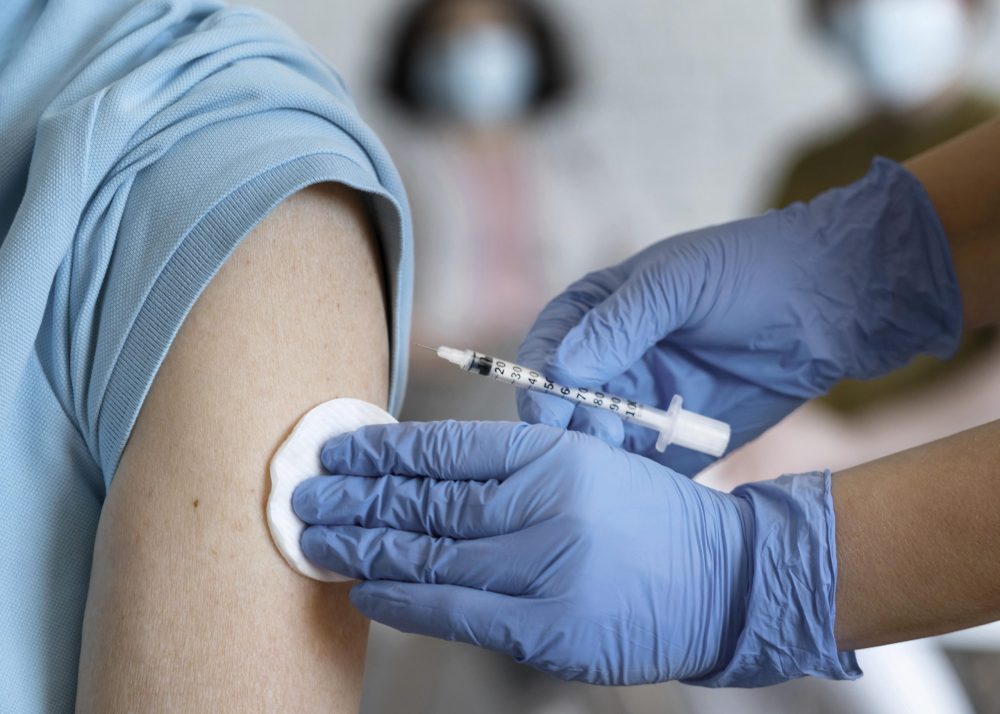NHS to roll out world-first vaccine programme to prevent gonorrhoea

Thousands of gonorrhoea cases could be prevented over the next decade following the NHS’ world-first vaccination programme against the infection.
Eligible patients, which includes gay and bisexual men who have a recent history of multiple sexual partners or a sexually transmitted infection (STI), will start to be offered the vaccine through local authority-commissioned sexual health services from early August.
It comes after the government accepted the Joint Committee on Vaccination and Immunisation’s (JCVI) advice for an NHS roll out of the vaccine amid a record high 85,000 gonorrhoea diagnoses in England in 2023 – 3 times higher than in 2012.
People who receive the jab – an existing vaccine for meningococcal B disease, 4CMenB – could be protected from gonorrhoea by up to 40 per cent and help tackle the increasing levels of antibiotic resistant strains of the disease, according to UK Health Security Agency (UKHSA) research.
NHS England’s National Director for Primary Care and Community Services Dr Amanda Doyle said: “The launch of a world-first routine vaccination for gonorrhoea is a huge step forward for sexual health and will be crucial in protecting individuals, helping to prevent the spread of infection and reduce the rising rates of antibiotic resistant strains of the bacteria.”
Analysis led by Imperial College London has suggested the vaccine known as 4CMenB could avert up to 100,000 cases of gonorrhoea and save the NHS over £7.9 million over the next decade, if high uptake is achieved and an ongoing programme is confirmed.
Local providers will identify and contact those eligible through sexual health services, with vaccinations starting from early August.
Eligible people will also be offered mpox, hepatitis A and B and human papillomavirus (HPV) vaccinations when attending their appointment for the gonorrhoea vaccine.
Gonorrhoea is an STI passed on through sex and if not treated, can cause serious health problems such as and infections in the eyes, testicles or prostate.
It is the second most commonly diagnosed STI in England, but not everyone gets symptoms of gonorrhoea.








